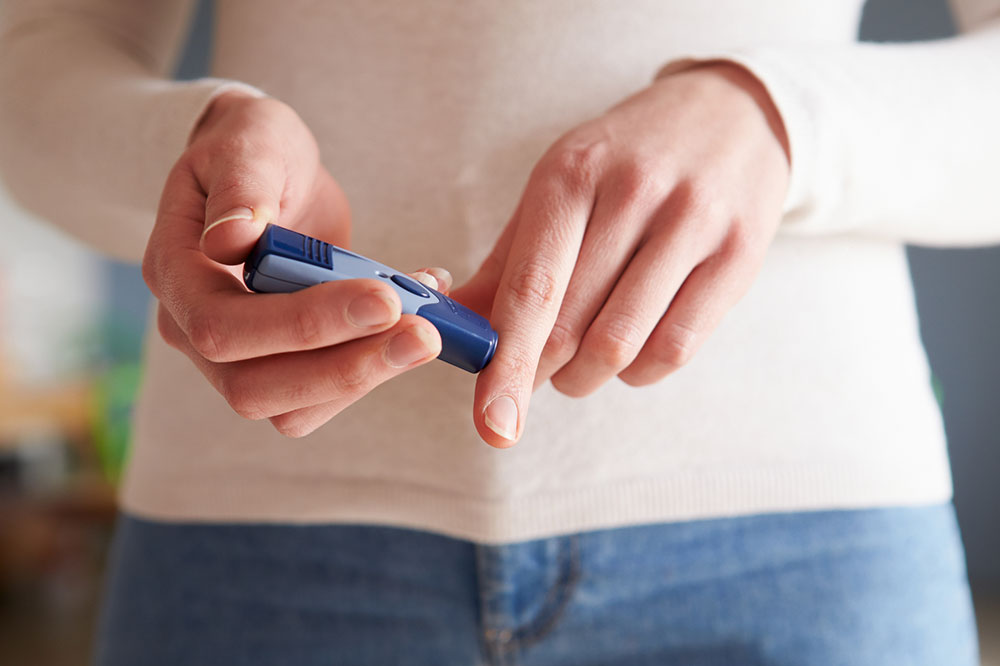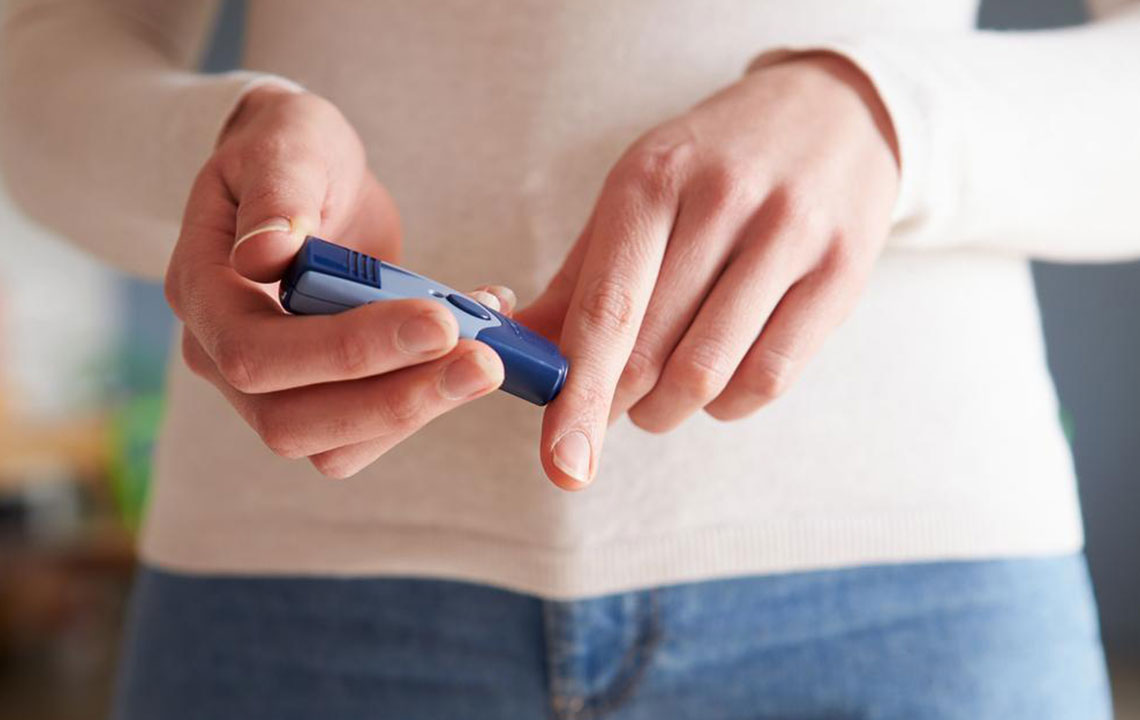Comprehensive Guide to Hypoglycemia: Causes, Symptoms, and Prevention Strategies
This comprehensive guide explores the causes, symptoms, and prevention strategies of hypoglycemia, emphasizing the importance of early detection and management. Suitable for individuals with diabetes and those experiencing unexplained low blood sugar episodes, the article discusses lifestyle triggers, nocturnal risks, and emergency treatment options to ensure safety and health.

Understanding the Causes and Signs of Hypoglycemia
Hypoglycemia, commonly known as low blood sugar, is a condition that occurs when the level of glucose in the bloodstream drops below 70 milligrams per deciliter. Since glucose serves as the primary source of energy for the body's cells, especially the brain, a deficiency can lead to a variety of health complications, some of which can be quite serious if not promptly addressed. Recognizing the causes, symptoms, and treatment options for hypoglycemia is essential for individuals at risk, particularly those managing diabetes or leading active lifestyles.
Causes of Hypoglycemia: Hypoglycemia can result from various factors, with diabetic medication misuse being the most common cause. People with diabetes who take insulin or medications such as sulfonylureas are particularly susceptible if they administer excessive doses. However, hypoglycemia isn't exclusive to diabetics; healthy individuals can also experience low blood sugar episodes under certain circumstances. Other common triggers include engaging in intense physical activity without adequate carbohydrate intake, deliberately skipping meals or delaying eating, decreasing carbohydrate consumption, or consuming alcohol on an empty stomach.
In addition to lifestyle factors, certain medical conditions and medications can contribute to hypoglycemia. For instance, rare hormonal disorders, severe infections, or tumors affecting insulin production may cause blood sugar levels to drop. Moreover, some medications used beyond diabetes management, such as certain antibiotics or anti-malarials, might also influence blood glucose levels. It’s important for individuals with unexplained hypoglycemia to seek medical evaluation to identify underlying causes and prevent future episodes.
Another critical aspect is nocturnal hypoglycemia, where blood sugar levels drop during sleep. This condition can lead to symptoms like restlessness, excessive sweating, sleepwalking, and frequent morning headaches. Many individuals may not be aware they experience such episodes, which can sometimes be dangerous if unrecognized and untreated. Risk factors for nocturnal hypoglycemia include dosing too much insulin or other glucose-lowering medications in the evening, irregular eating patterns, or physical activity close to bedtime. Proper management of medication timing and diet plays a crucial role in preventing these sleep-related episodes.
Signs and Symptoms of Hypoglycemia: The manifestations of hypoglycemia vary from person to person and depend on the severity and rate at which blood sugar levels decline. Recognizing early symptoms can facilitate prompt response and prevent escalation to more serious complications.
Mild Hypoglycemia: Individuals may experience sweating, especially around the neck, as well as blurred vision, headaches, feelings of intense hunger, fatigue, weakness, and nervousness. These initial signs often improve after consuming something sugary or carbohydrate-rich, such as fruit juice or a glucose tablet.
Moderate Hypoglycemia: As blood sugar levels continue to fall, symptoms may worsen, leading to irritability, difficulty concentrating, mental confusion, and noticeable behavioral changes. Some may become tearful or exhibit angry outbursts. Managing mild symptoms early is vital to prevent progression.
Severe Hypoglycemia: When blood sugar diminishes significantly, the risk of serious complications rises. Severe hypoglycemia can trigger seizures, loss of consciousness, or even coma, necessitating immediate emergency medical intervention. Without prompt treatment, severe episodes can be fatal or result in permanent neurological damage.
Timely diagnosis and treatment are critical when symptoms appear. The primary approach involves administering fast-acting glucose sources such as glucose tablets, sugary drinks, or candies. Following stabilization, longer-term management includes adjusting medications, dietary planning, and regular blood sugar monitoring to prevent future episodes.
Ultimately, understanding the causes, recognizing the warning signs, and adopting effective management strategies are essential steps in controlling hypoglycemia, especially for vulnerable populations like diabetics or those with certain medical conditions. Educating patients and caregivers about proper responses can save lives and improve overall health outcomes.





